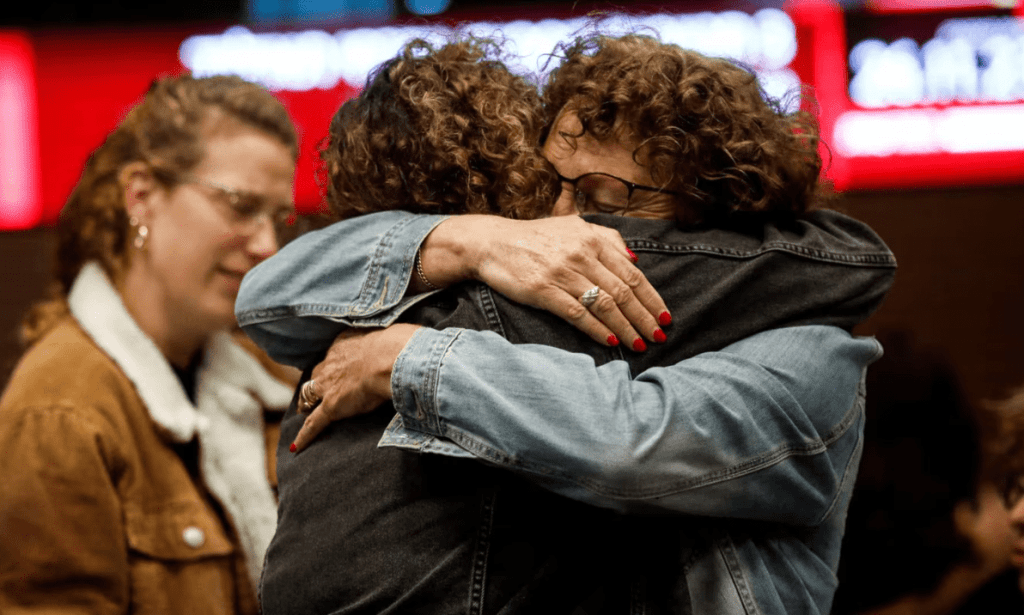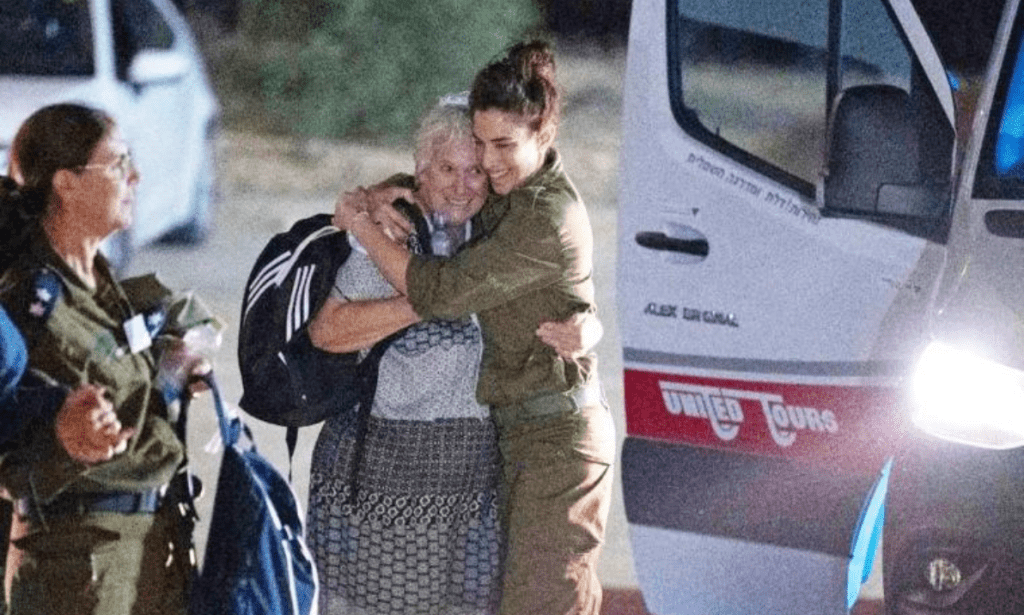Since the four-day truce began, the world began to pay attention to the hostages who were freed during an agreed exchange between Israel and Hamas. What was really brought to attention were the horrible conditions that the Palestinian hostages had to face, some for more than eight years. On the very opposite end of the coin were the Israeli hostages who reportedly faced much better conditions.

According to the senior defense correspondent for Israeli Channel 13, Alan Ben David, Israeli hostages were able to maintain a community while in captivity because they were placed together as a group the entire time. In his report, he stated, “They were not subjected to torture or ill-treatment.” The idea of having the hostages be able to be together in a group gave them strength.
They were even able to engage in group activities, meetings and lectures in what was described as a kibbutz, the word used in Israel to describe a community where people voluntarily work and live together. Along with that, David said that Hamas even tried to provide the hostages with medication on a daily basis even if they weren’t always successful. Food was scarce though and a lot of the hostages did lose weight.
The conditions faced by Israeli hostages bear very little resemblance to that of Palestinian hostages as they not only faced beatings, harassment and malnutrition, but they also went through emotional distress through solitary confinement and lack of family visitation. This is yet another example of how there is a clear injustice and dichotomy between how Hamas treats its hostages versus Israel.



